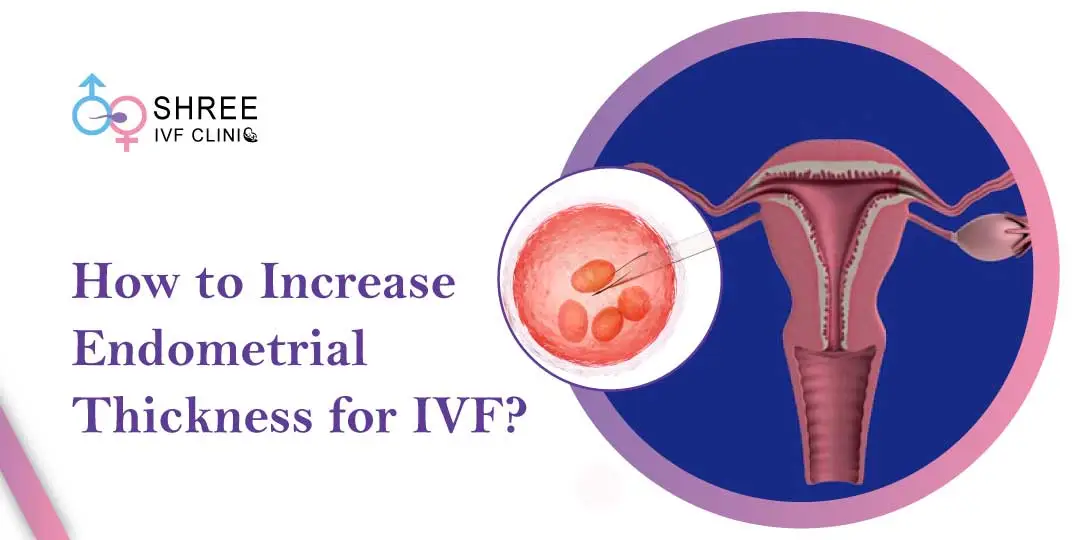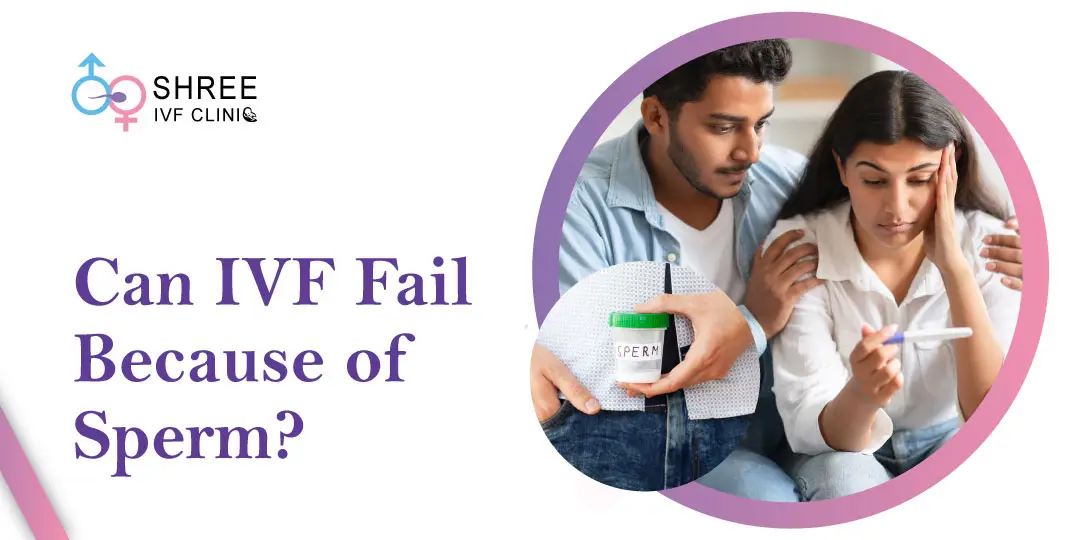What is the difference between ICSI and IMSI?
UPDATED ON 10TH JAN. 2021
Intracytoplasmic Sperm Injection (ICSI) and Intracytoplasmic Sperm Injection (IMSI) both are the kinds of procedures used during In vitro fertilization
ICSI is a specialized form of IVF and suggested to couples who have severe male infertility. Intracytoplasmic Sperm Injection is one of the standard and successful treatments when it comes to male infertility. When a couple is unsuccessful in repeated IVF cycles and has severe male infertility and abnormal semen, they go for this procedure.
The sperm of some males need to be extracted surgically, and ICSI is a procedure for them. This procedure will help to conceive a baby even if the male partner has a low sperm count. Live sperm is directly injected into the human egg with the help of this procedure.
Fertility medication is prescribed to the female partners for a better ovarian stimulation so that several eggs mature. Vaginal ultrasound is used to aspirate the eggs through the vagina. Further, the eggs are incubated in the library.
Intracytoplasmic Injection is an addition to the ICSI cycle. Before microinjecting the eggs, this procedure helps to differentiate the structure of the sperm. Suspected variations of the sperms are excluded with the help of IMSI. This procedure provides a better result if performed with ICSI. A high magnification digital imaging microscope is used by doctors during this procedure to inject the egg.
AUTHOR
Dr Jay Mehta
Scientific Director & IVF Specialist with 10+ years of experience
CONDITION
GET IN TOUCH ON
Who may require ICSI and IMSI?
In case of severe male factor infertility, doctors always recommend ICSI. This procedure also helps to analyze abnormal semen. Male partners with low sperm count and couples who were had IVF earlier but none or very few eggs fertile are suggested this procedure.
When sperms are not being able to move naturally or when they are not shaped normally, doctors recommend this treatment. ICSI may also be successful for those whose sperm quality is low because of freezing, and the sperm was under threat. It may also be beneficial for those who had a blockage or vasectomy, preventing the sperm from getting discharged. More than 75% of the IVF cases are performed with ICSI.
But IMSI is for the ones who had an unsuccessful ICSI-IVF cycle in the past after repeated IVF cycles. This is an advanced technique one must opt for. It enables the doctors to have a better knowledge about abnormal and normal sperms, and couples with male infertility may have immense benefits from it.
How do the procedures work?
Both of the procedures are part of the IVF cycle but works differently. ICSI is the procedure that helps the doctor to inject a specific sperm at the center of the egg. Doctors wait for few days for the result. They directly transfer the eggs into the uterine cavity once the eggs start to fertilize, and the embryo begins to mature.
IMSI is an advanced technique followed by doctors. IMSI enables the doctors to magnify the sperms 6000 times. It helps to find out even the smallest structural alteration in the sperm, thus increasing the chances of fertilization of the egg. This procedure is much preferred because earlier embryologists magnify the eggs using a microscope, which is 400 times, but the advanced microscope helps magnify the sperm 6000 times.
Steps involved in both the procedures
- Steps involved in ICSI – IVF procedures are:
ICSI-IVF involves various steps where a scan is performed to identify the ovaries’ conditions, whether they are quiet, and the womb has a thin lining or not. Injections will be injected to stimulate the ovaries. This procedure involves self-administered injections also. The duration of this procedure is 10-12 days. Blood tests and scans will also be performed to record the response of the ovaries. Doctors can also identify the follicles that contain eggs and hence they advise taking injections maintaining a particular time.
The next step is where the eggs are collected under the influence of sedation and strong pain killers. Sometimes doctors also perform general anesthesia during the egg collection. Just before 35 to 36 hours of collecting the eggs, an injection is administered when the follicles are matured enough.
Doctors can know the eggs’ quality if you refrain from sex for 3-5 days before egg collection. Doctors locate the position of each follicle-containing egg to retrieve the eggs from the ovaries. The bristles are punctured by a fine needle, which also helps to draw fluid into a sterile tube. The tube is further examined to know which follicles contain mature eggs and which ones stopped growing.
Another medication is followed for progesterone support, which helps to develop the womb. Doctors will prescribe to continue the medicines until the pregnancy test report comes positive. If needed you will also be prescribed steroids and blood thinning injections.
Doctors add the best quality sperm into each egg in a small dish and place them in incubators to maintain body temperature. Doctors examine the plate and find out whether fertilization is carried on or not. It is mostly seen that 70% of the eggs start fertilizing normally.
The embryos that split are checked to monitor the quantity and quality so that doctors can be sure when the embryo needs to be transferred. Suppose the embryos reached the 5th day, the blastocyst stage, the chances of pregnancy increase. The embryos are mainly transferred by monitoring whether the quality matches or not and when it reaches the blastocyst stage. The most important part of this procedure is when doctors select one or three embryos for transfer.
- The steps of IMSI involves:
Doctors initially select the sperms from the fresh sample under a microscope, which is 15 times powerful. Doctors examine the internal structure of the sperm that helps them to exclude abnormal sperms. Further, the normal sperms are selected and placed in a catheter and further in the eggs’ center.

4062+
353K
” Every individual and couple’s journey is unique, and
finding the right solutions tailored to their specific
circumstances can make all the difference “
Comparing ICSI and IMSI
ICSI has more risks in the newborn, such as delayed development, hypospadias, hormone abnormalities, heart defects, preterm delivery, and multiple gestations. But in the case of IMSI, the risks are much lower. The procedure is in an advanced stage and sometimes leads to multiple pregnancies.
It is highly expected that the procedure of IMSI would be improved in the coming days. And it is more preferred by doctors because, according to records, IMSI with IVF has more success rates than ICSI.
There is a low percentage of malformation in both groups but congenital disabilities are much lesser in the process of IMSI. According to the Israel study, IMSI reports a lower risk of birth deficiency.
If you look at the cost of both the procedures, then IMSI is more expensive than ICSI, but the techniques prove highly efficient compared to ICSI. Cost does not matter to many couples if they get the desired outcome from the procedure. Although IMSI is now in an advanced stage and not available in all the IVF centers, it is still proved to be more conventional than ICSI-IVF.
The chances of live birth are 20% to 30% in the case of IMSI, and the circumstances of live birth with ICSI are 25%. The procedure of ICSI also has a significant risk of miscarriages for women. We conclude that from the information mentioned above and the records available, IMSI has more success rates than ICSI-IVF.
AUTHOR
Dr Jay Mehta
Scientific Director & IVF Specialist with 10+ years of experience
CONDITION
CALL US 24/7 FOR ANY HELP
GET IN TOUCH ON
Share Article on
Recommended Reading
How to Increase Endometrial Thickness for IVF?
To increase endometrial thickness for IVF, oral estrogens are commonly used. However, in certain situations, additional procedures such as Autologous Stem Cell Therapy of the Endometrium may be required
How to prevent weight gain after failed IVF?
Combat post-IVF weight gain with holistic health tips. Manage hormones, eat well, and exercise. Prioritize self-care and emotional support
Can IVF Fail Due to Sperm?
IVF may fail due to sperm issues, affecting fertilization success despite other factors being optimal in the process.








